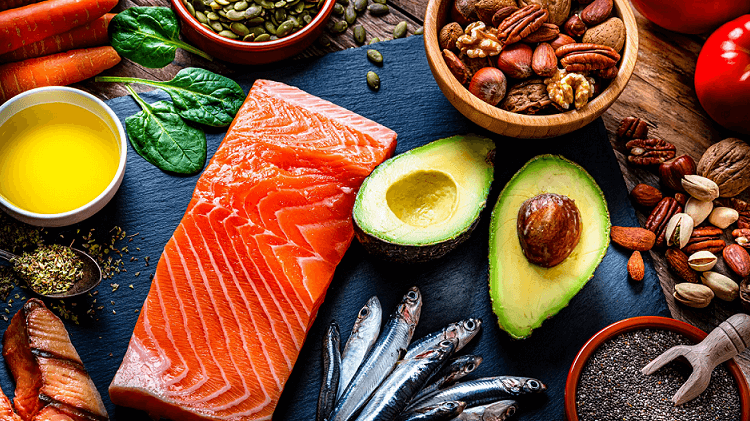Weight loss is the primary goal of any well-thought-out bodybuilding diet plan. Without it, no amount of weightlifting or other bodybuilding training can give you the defined muscles you desire. Use the following advice to put together a diet that will support your exercise routine and speed up your progress toward your fat-loss and muscle-building goals:
6 Bodybuilding Diet Tips
Check out the six bodybuilding nutrition, bodybuilding diet tips and diet tips to lose fat below to help you achieve your lean muscle mass, weight loss and fitness goals.
#1. Eat often
Maintain a regular eating schedule of six meals each day (every 2–3 hours): This ensures a steady supply of glucose to the brain and body, reduces hunger, boosts energy and metabolism, and keeps muscle glycogen levels high.

#2. Enough and good Proteines
Get enough of the proper kinds and amounts of protein in your diet: To determine your daily protein requirements, multiply your body weight by 1.2. Calculate your daily protein intake by dividing the total by 6. Eat only white fish like tilapia and add lean meat like turkey and chicken to your meals. Protein shakes shouldn’t make up more than three of your six daily meals. Nutritional support for muscle repair and growth should follow your workouts. A mixture of cream of rice and whey protein powder should suffice. Only the meal right after a workout should be solid; the other two meals taken post-workout can be in liquid form.
#3. Check your carbohydrates
To determine how many grams of carbohydrates you need to consume daily, multiply your lean body mass (fat-free body weight) by 0.8: To calculate the carbohydrate grams in Meal 1, your pre-workout meal, and your post-workout meal, simply divide the total by 3. To help with your fat loss goal, stick to low glycemic carbohydrates (such as sweet potatoes, brown rice, oatmeal and grits). However, you can still maintain your post-workout meal of cream of rice which is a high glycemic carbohydrate, provided your other carbs intake consists of low glycemic carbohydrates.

#4. Consume Veggies:
A diet heavy in fiber carbs not only helps to suppress appetite, but also slow the release of other nutrients, while boosting your body’s absorption of protein. Vegetables also help to clean your system and raise your metabolic rate (as the body has to work hard to digest the vegetables). Vegetables of the green leafy variety (lettuce, green beans, broccoli, etc.) can be eaten as much as possible without you worrying too much about the quantity consumed.
#5. Eat your essential fats:
They’re crucial to your well-being, muscular protection, and weight loss. If you don’t get enough of them, you won’t just have trouble developing muscle and shedding fat, but you’ll also feel tired all the time. Add 2 teaspoons of flaxseed oil to your protein shake or main dish.

#6. Water is essential:
Staying properly hydrated is important since it aids in weight reduction, muscle gain, and your overall health. It also helps you feel fuller for longer periods of time, which is great when you’re trying to cut calories. Drink at least half your body weight in ounces of water every day.
Your carbohydrate intake should be increased by 1.3 time’s lean body mass (fat-free weight) over the weekend. To prevent your body’s metabolism from adapting to your diet, take your total amount of carbs and split it by 5. Consume them at Meals 1, 3, 4, and 5. If you want to avoid eating any starchy carbs after 6 p.m., try to schedule Meal 5 for earlier in the day.


